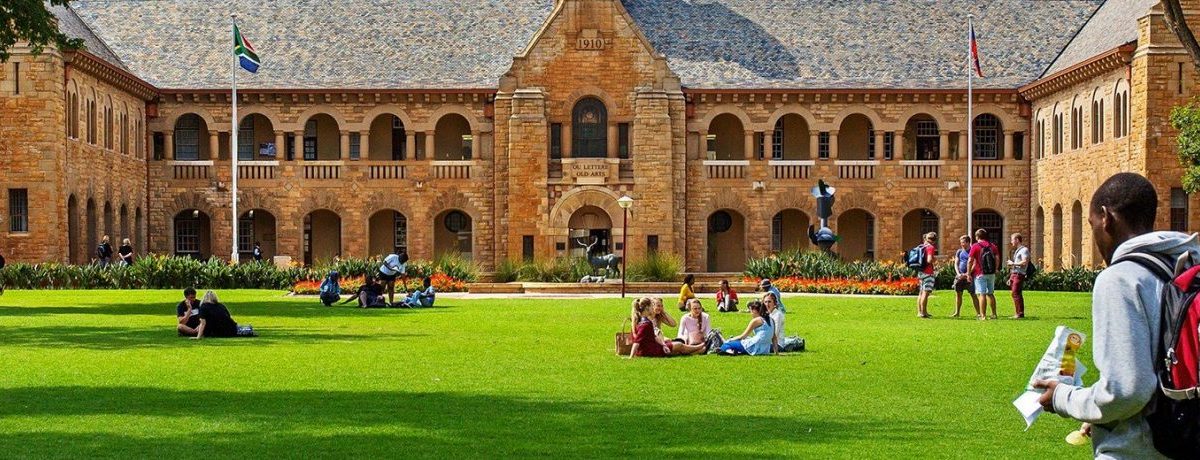By Masego Panyane
Key points
- Back in 2015, the United Nations General Assembly came up with 17 SDGs as a blueprint to achieve a more sustainable future for all.
- The University of Pretoria (UP) set its agenda back then to align with the 17 SDGs to help South Africa become more sustainable.
- Recently, UP Vice-Chancellor and Principal Professor Tawana Kupe released its first report on the contribution UP has made to attaining the SDGs so far.
The University of Pretoria (UP) has released its first report on the contribution that the institution is making towards the attainment of the Sustainable Development Goals (SDGs).
The SDGs consist of 17 interlinked global ambitions designed to be a “blueprint to achieve a better and more sustainable future for all”. They were initiated in 2015 by the United Nations General Assembly and are intended to be achieved by the year 2030.
UP’s SDG report focuses on the period 1 January 2020 to 31 December 2020, and looks at how the University’s operational activities and core functions of research, education and engagement are working towards achieving the goals.
According to UP Vice-Chancellor and Principal Professor Tawana Kupe, the report forms part of an evolving suite of UP sustainability-related reports. “[This report] represents our commitment towards the achievement of the goals,” he said.
The report clusters the SDGs under the following common themes:
On Being Human covers SDGs 1 (No Poverty), 2 (Zero Hunger), 5 (Gender Equality) and 10 (Reduced Inequalities);
Our Human Potential covers SDGs 3 (Good Health and Well-being) and 4 (Quality Education);
Our Human Existence covers SDGs 8 (Decent Work and Economic Growth), 11 (Sustainable Cities and Communities), 16 (Peace, Justice and Strong Institutions) and 9 (Industry, Innovation and Infrastructure);
Our Planetary Boundaries cover SDGs 6 (Clean Water and Sanitation), 7 (Affordable and Clean Energy), 12 (Responsible Consumption and Production) and 13 (Climate Action);
Co-existing with All Forms of Life covers SDGs 14 (Life Below Water) and 15 (Life on Land); and
Partnerships for the Goals (SDG 17) cuts across UP’s work in all of the SDGs.
In the report, Prof Kupe acknowledges that sustainability-related reporting in higher education is an emerging space. “We recognise that there are limitations within SDG progress reporting and sustainability reporting in general. We are navigating new territory. In particular, much work still needs to be done in the way we measure performance and the tangible impacts that we have made.
We do, however, hope that our report contributes to the evolution of sustainability reporting in universities, and helps to mobilise our global university community around sustainable development as being at the heart of what we do.”
Read the original article here.

